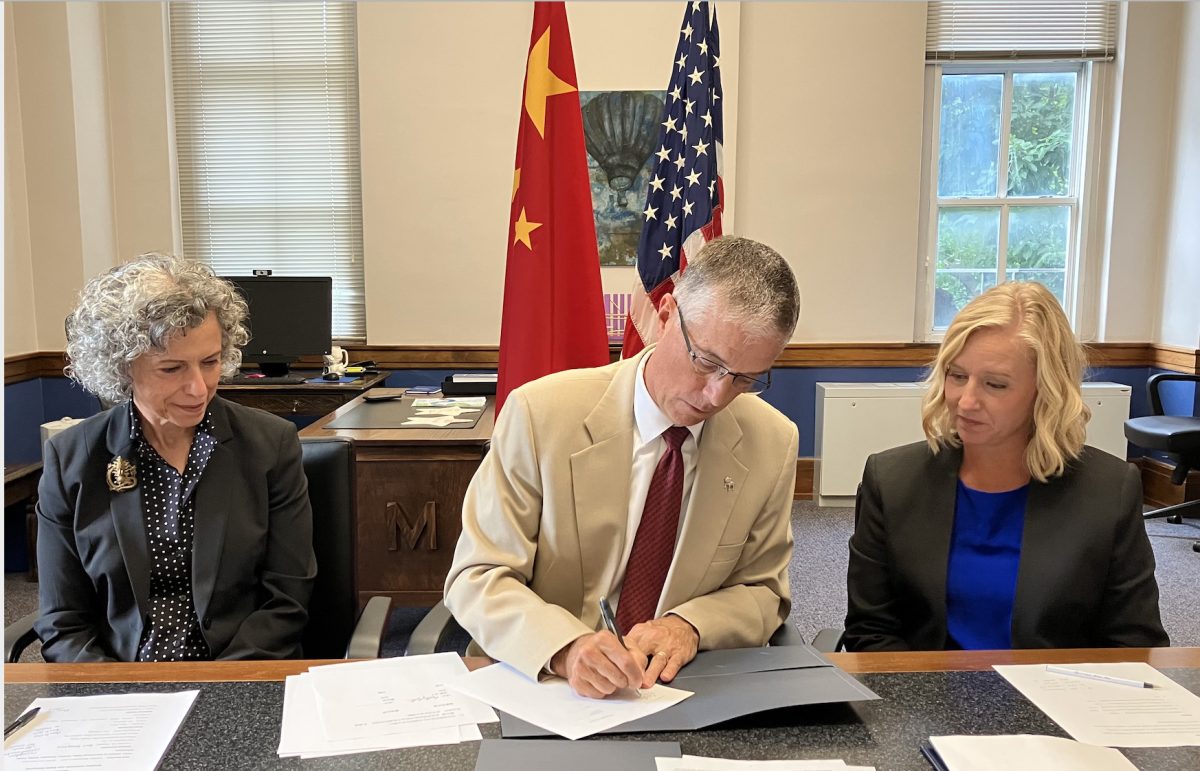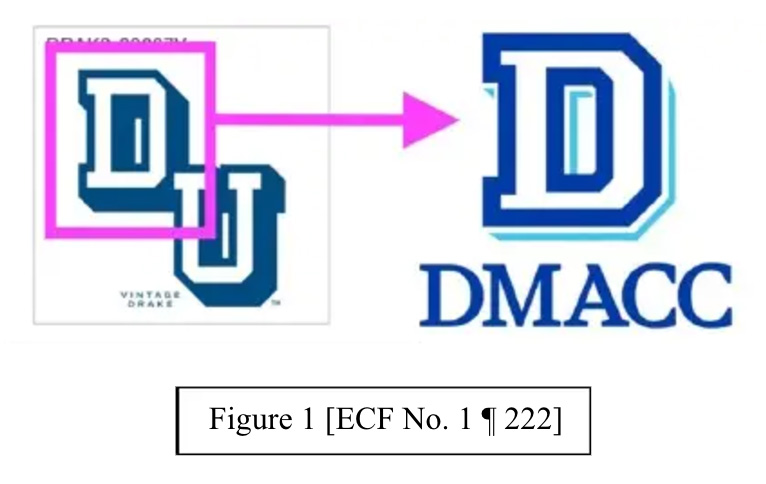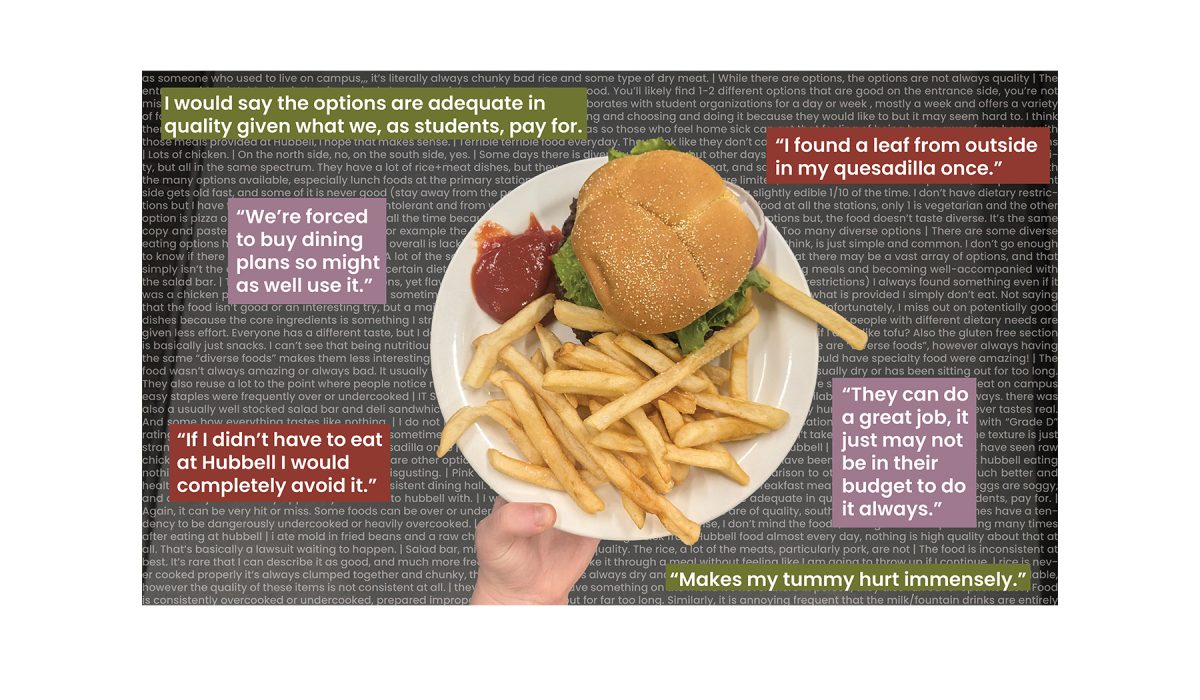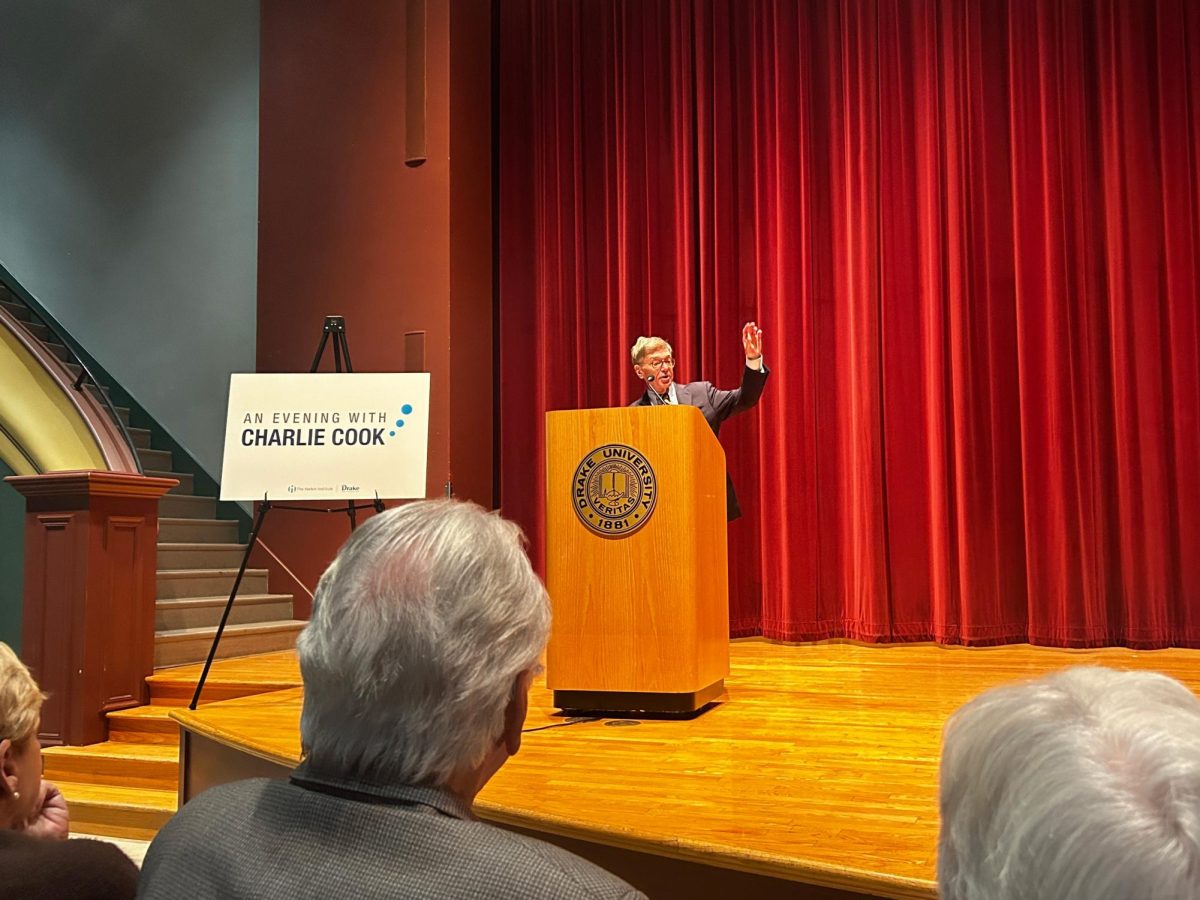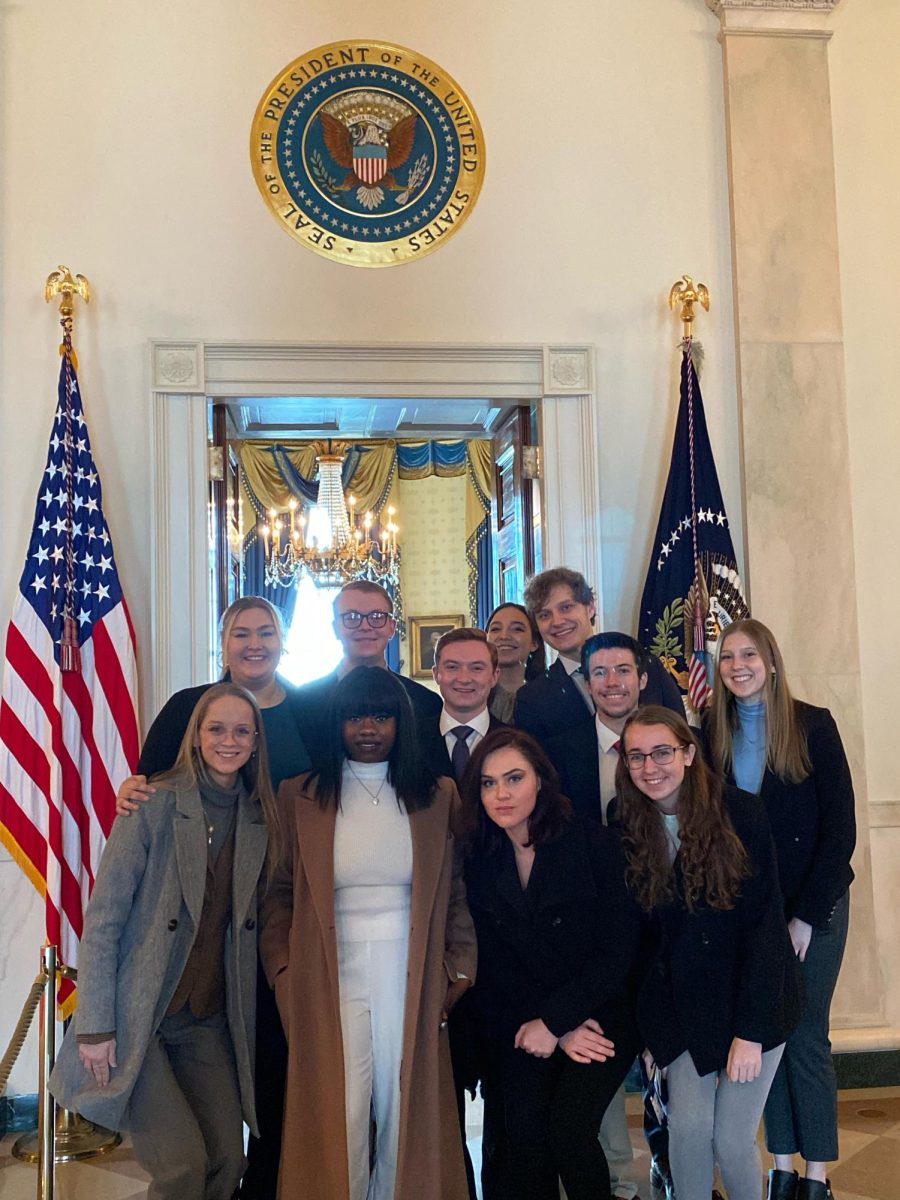ONLINE EXCLUSIVE COLUMN BY JOHN WINGERT
An exemplary debate performance, condemnations of the Benghazi select committee, and grace under pressure have all helped Hillary Clinton clamber above rivals in the past week and put her a step above her competition. Seeing her stellar jockeying amidst the political horse race, two announced Democratic candidates and the shadow candidate, Joe Biden, all made clear that they are not running for president.
After a compelling challenge from her left by Bernie Sanders, Clinton reignited her campaign. With renewed pushes for liberal domestic agenda items and haranguing Sanders for his denial of some gun control measures, Clinton made greater leads in the polls. The most recent figures showed Clinton making noticeable gains around the country.
In Iowa and New Hampshire, where Clinton had begun to trail consistently in polls behind Bernie Sanders, she regained significant ground. She now not only leads nationally among likely Democratic primary and caucus voters, but she also leads in the two early states Sanders once held.
Some of this may be due to the lessening of scandals that had dogged Clinton all summer. The email controversy concerning her methods of unsecured and unaccountable communication during her tenure as Secretary of State was made into a moot point when Sanders agreed that the American people were “tired of hearing about your damn emails!” Although Lincoln Chafee continued to comment upon Clinton’s “ethical standards” during the debate, Sanders, Clinton’s primary rival, forsook it as a line of attack.
In addition, Freudian slips by Kevin McCarthy, the Republican House Majority Leader, helped Clinton and her supporters undermine the most recent Benghazi Select Committee and its investigation as purely partisan. McCarthy commented that the Republicans had begun to topple the once-invulnerable Clinton by putting together a Benghazi select committee which had significantly decreased her poll numbers. After making these comments on Fox News’ Hannity program, McCarthy withdrew from the race for Speaker of the House, leaving his comments loomed large over Clinton’s testimony in front of Congress this past week.
Representative Cummings, the committee’s leading Democrat, helped argue for Clinton, and denounced Chairman Trey Gowdy (R-SC) for wasting millions of taxpayer dollars on a politically-motivated attack. Gowdy, on the other hand, had been trying to eschew the numerous insinuations that the committee on Benghazi was only trying to weaken Clinton’s campaign for President. Although he and his fellow committee members asked Clinton about almost every issue surrounding Benghazi, they tried not to produce too many personal attacks that would elicit renewed diatribes about partisan wastefulness.
By the end of the committee’s day-long hearing with Hillary Clinton, Clinton remained composed throughout almost the entire hearing except for one instance of exhausted laughter. Chairman Gowdy also emerged from the hearing saying in a tired voice, “In terms of her testimony? I don’t know that she testified that much differently today than she has the previous time she testified.” Ultimately, it seemed as though the entire vaudevillian performance has uncovered little substantial information, but by the end, Clinton appeared to be the composed diplomat whereas the questioners seemed mostly to be partisan point-scorers.
This performance seems to be the best Clinton could have realistically hoped for in such a well-prepared, hostile, committee. That, in addition to her professional debate answers, poises Clinton for an ascension to the Democratic nomination.
Seeing this trend, other announced or potential Democratic presidential candidates fled the race.
The first to leave was former Virginia Senator, Jim Webb. After espousing his opposition to certain affirmative action programs, voicing strong concerns about gun controls, and arguing for strict border security, Jim Webb found himself very out of place at the Democratic debate.
Although his speech ending his candidacy for the Democratic nomination did not specifically reference his policy deviations, Webb was questioned profusely by reporters about his differences from other candidates. Instead, Webb claimed that the sources of fundraising and power had been constricted to the “presumed frontrunner.”
Lincoln Chafee, in front of a meeting of female Democrats, announced that he was withdrawing from the race for the presidency.
After being perhaps Clinton’s harshest critic during the first Democratic debate, especially on the Iraq War, he withdrew from the race in the same manner he entered: a meek, homely speech without political polish.
However, the most shocking twist of the past week was Joe Biden’s official announcement that he would not pursue the presidency in the 2016 election. After polling at over 20% in some states, Biden announced in the White House Rose Garden with President Obama and his wife, Dr. Biden, that he would not pursue the Democratic nomination.
After visiting Drake University and continuing his tradition of folksy, town-hall style meetings, Vice President Biden’s son, Beau Biden, died of brain cancer. Following that, Biden persistently said that he had to weigh whether he could fully devote himself to the position given the emotional stress.Biden held multiple prolonged discussion about grief and the seriousness of a presidential run.
When asked about his emotional readiness, Biden said, “I’d be lying if I said that I knew I was there.”
Whether or not Clinton’s progressing competency actually boxed him out of the nomination is impossible to say, but it seems likely that it was not the only consideration. Biden did travel around the country in the past few months and responded ambiguously to hundreds of questions regarding a presidential run.
All three of these candidates, for better or worse, are no longer competition for Hillary Clinton’s establishment voters. Sanders may still be able to maintain an insurgent demographic, but Martin O’Malley seems to be the only other option for Democratic voters. Given that other candidates are giving up and Clinton has locked up establishment operatives and funds, O’Malley’s chances seem likely to diminish.
The consolidation of the Democratic nomination at one point seemed inevitable, but then went into doubt over the past summer. Facing scandals and seemingly viable insurgent campaigns, Clinton was put in a position of weakness, but she has emerged from this crucible ready to pursue the presidency.

